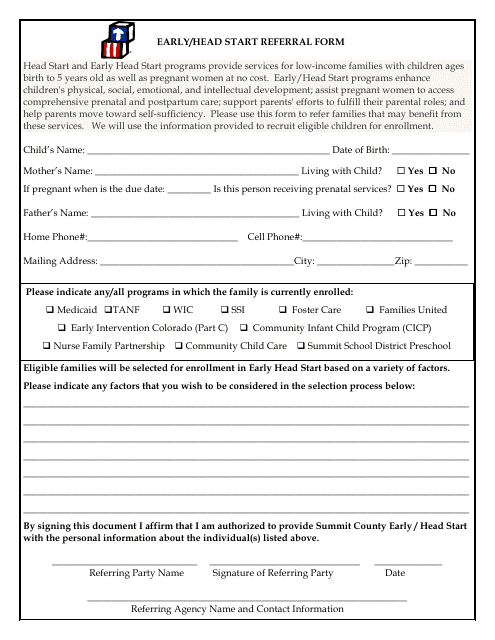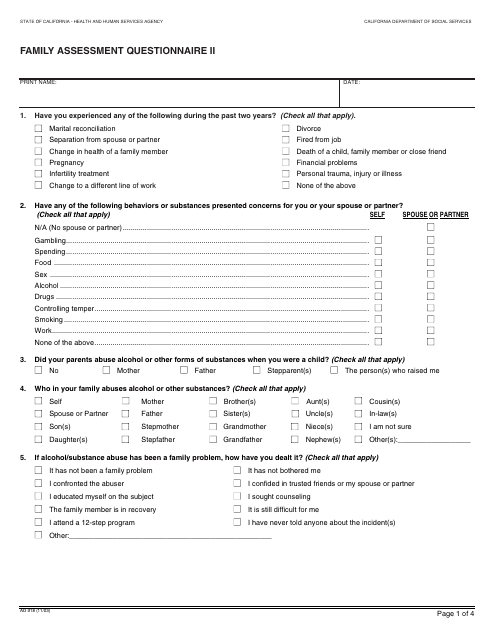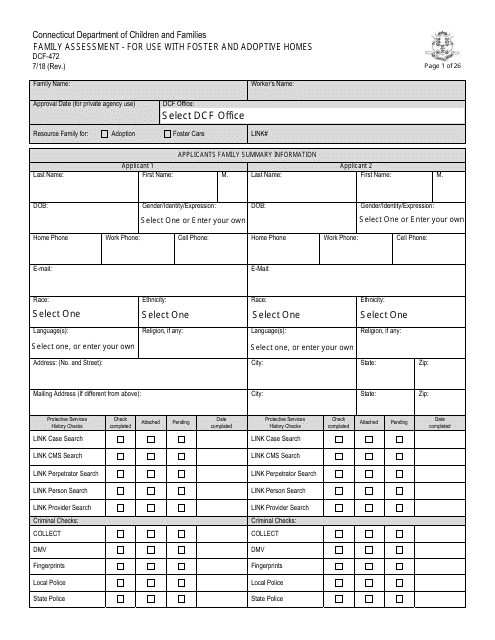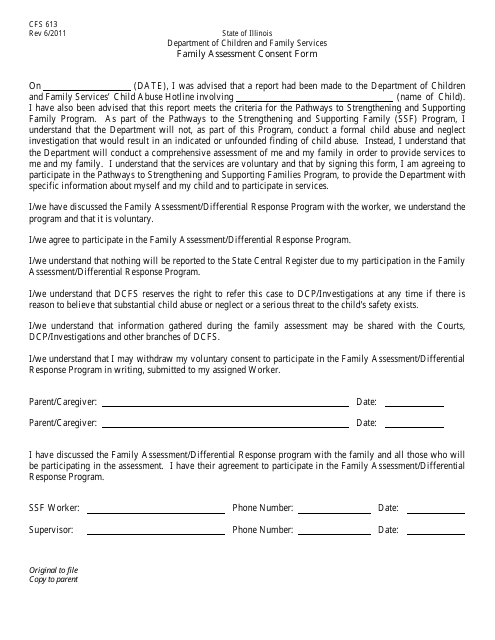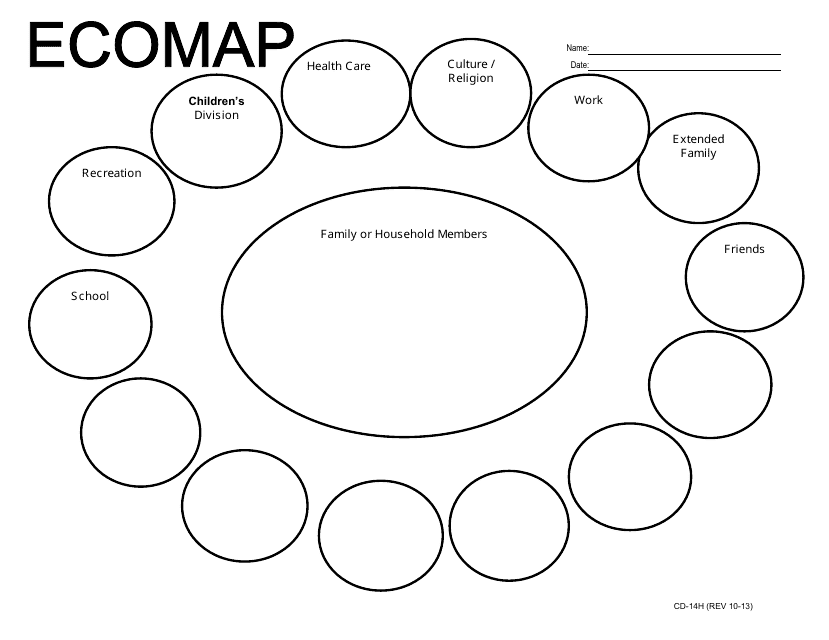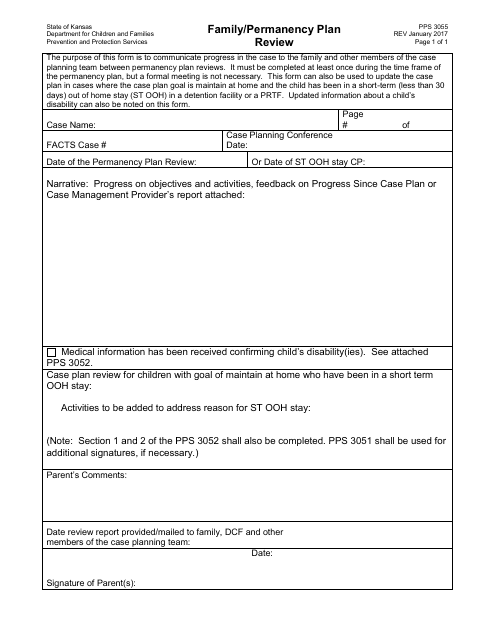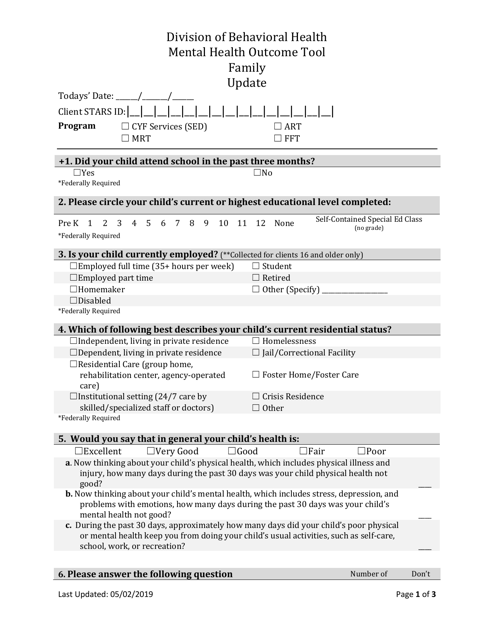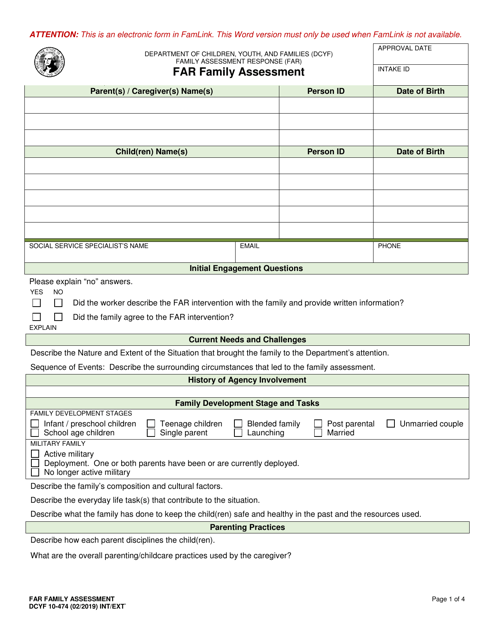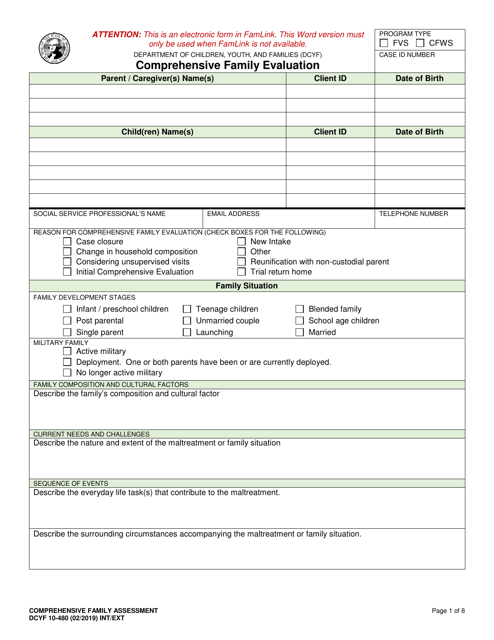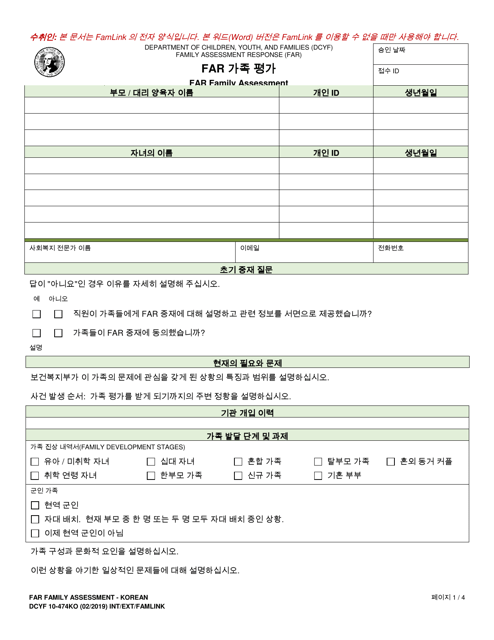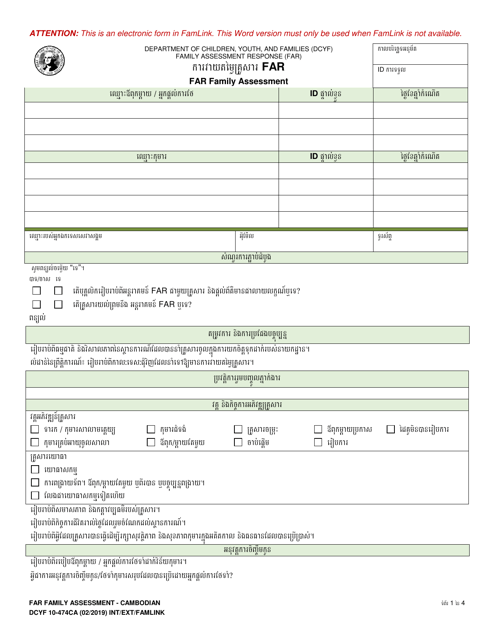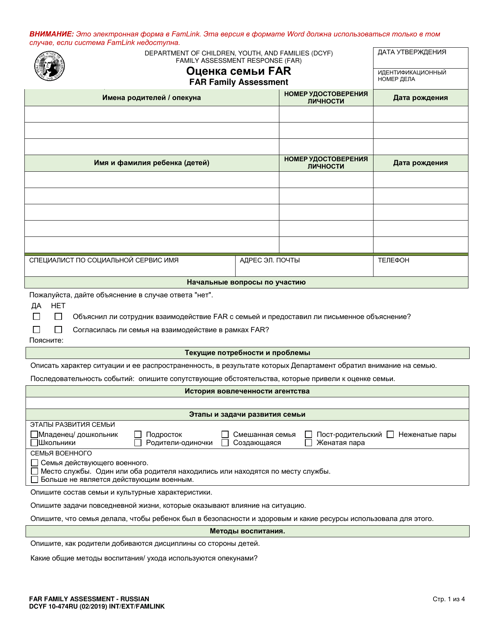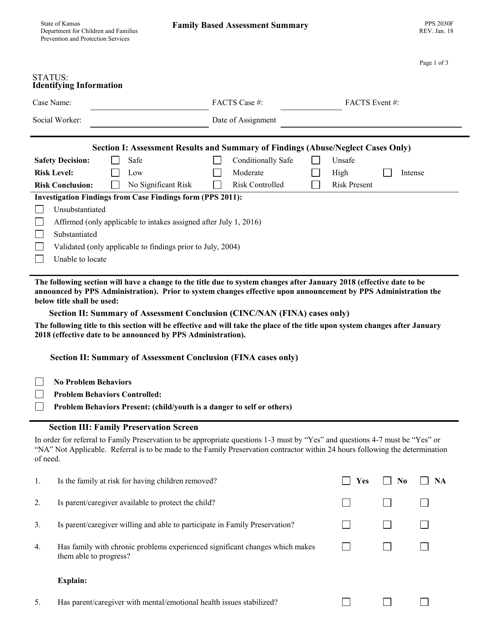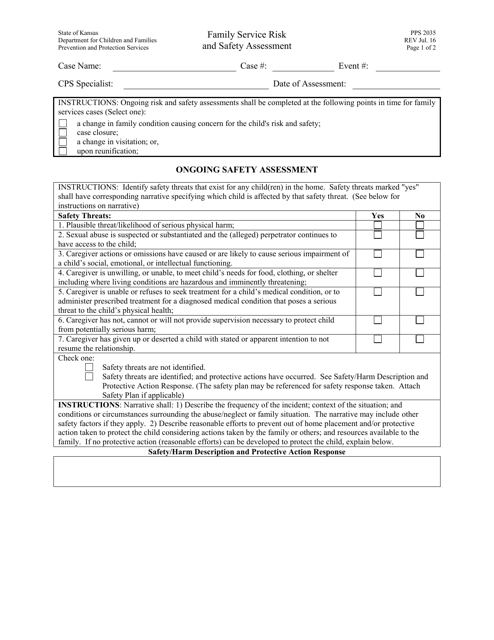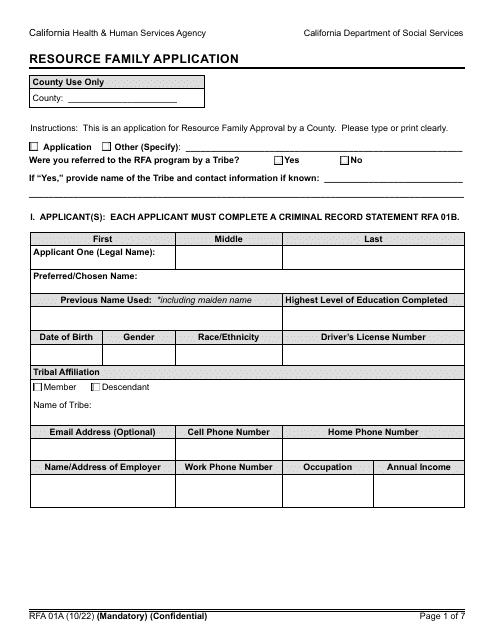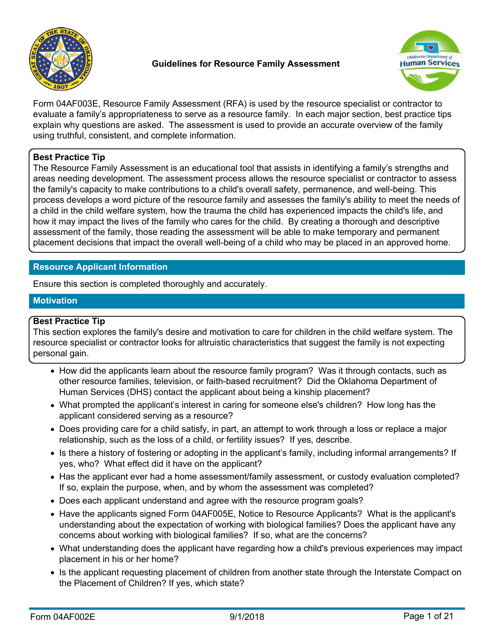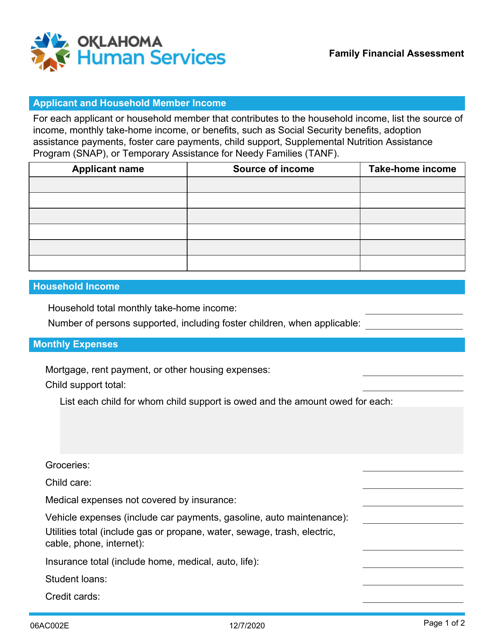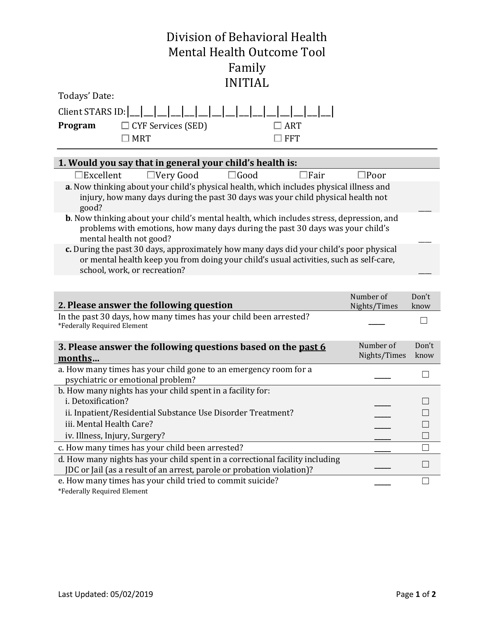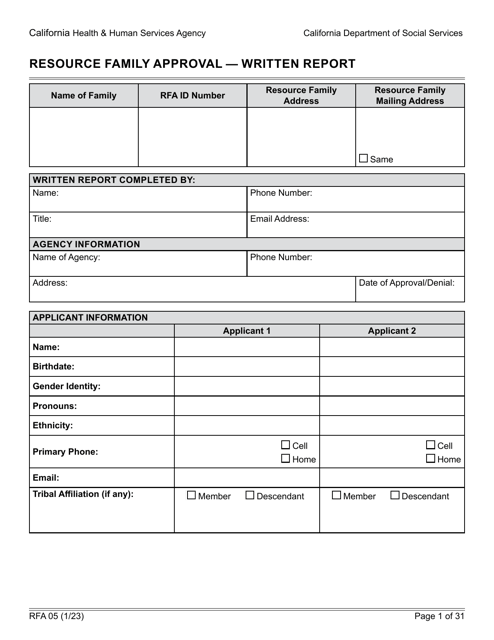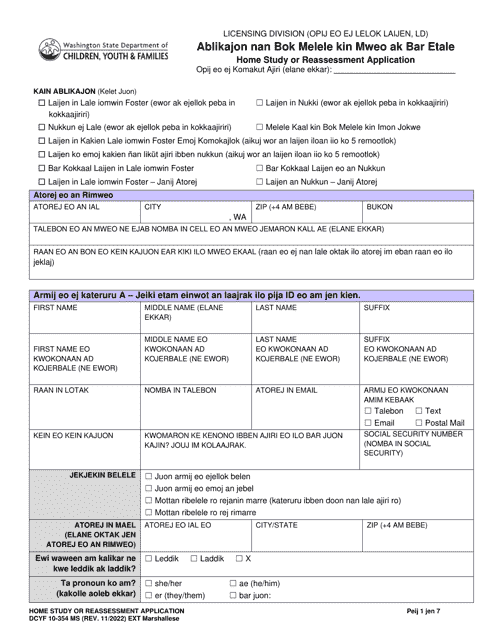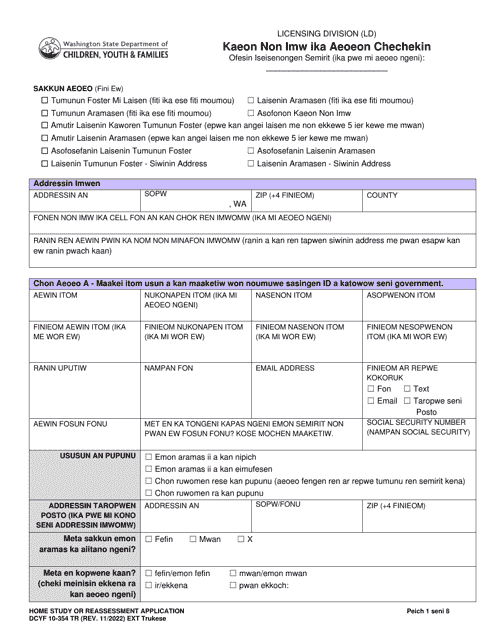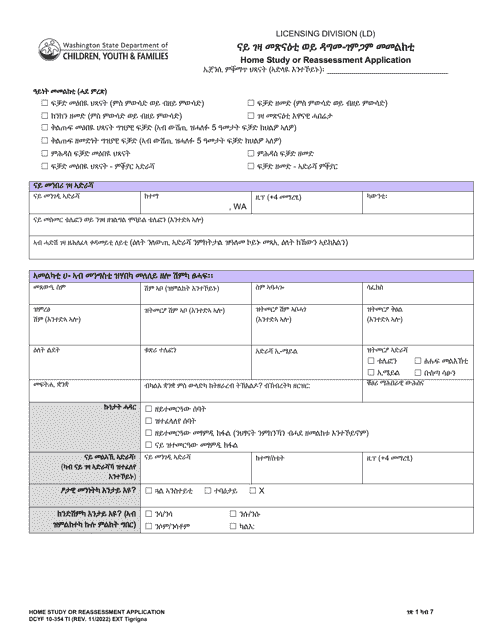Family Assessment Templates
Are you a foster or adoptive family? Planning to become a resource family? Completing a family assessment is an essential step in the process. It helps child welfare agencies ensure a safe and suitable environment for children who are in need of care.
At times, a family assessment is required as part of the application process for becoming a resource family. This assessment provides a comprehensive picture of your home, family dynamics, and overall suitability to provide the necessary care.
In some states like Connecticut, Washington, California, and Oklahoma, there are specific forms designed for family assessments. These forms, such as the DCF-472 Family Assessment, DCYF Form 10-474RU Far Family Assessment, Form RFA01A Resource Family Application, and Form 06AC002E Family Financial Assessment, outline the required information and aid in the assessment process.
The family assessment forms typically cover topics like family background, employment, income, resources, home environment, safety measures, and parenting skills. While the forms may vary by state, their purpose remains the same - to evaluate the potential foster or adoptive family and ensure the well-being of the children.
Completing the family assessment form accurately, honestly, and thoroughly is crucial. It allows child welfare agencies to make informed decisions and match children with suitable and loving families. If you are unsure about how tofill out the form, it is advisable to seek guidance from your local agency or a licensed social worker.
Remember, the family assessment process is an important step in the journey of becoming a resource family. By providing all the necessary information and demonstrating your commitment to providing a safe and nurturing environment, you are one step closer to making a positive impact on the lives of children in need.
Documents:
22
This Form is used for referring children to the Early/Head Start program for early childhood education and development opportunities.
This document is a form used in California for conducting a family assessment. It is designed to gather information about the family's strengths and needs to help determine appropriate support and services.
This form is used for conducting a family assessment for foster and adoptive homes in the state of Connecticut. It helps evaluate the suitability of individuals or families to provide a safe and nurturing environment for children in need of placement.
This Form is used for obtaining consent from families in Illinois to conduct a family assessment.
This form is used for creating an ecomap in Missouri. It helps individuals and families visualize their social connections and support networks within their community.
This form is used for reviewing the family and permanency plan in the state of Kansas. It helps in assessing the progress and making decisions regarding the future of the family and their permanent placement.
This form is used for updating the outcome tool for families in South Dakota. It is designed to provide useful information for assessing the progress and needs of families in the state.
This Form is used for conducting a Family Assessment as part of the child welfare system in Washington state.
This form is used for conducting a comprehensive evaluation of families in Washington by the Department of Children, Youth, and Families (DCYF).
This Form is used for conducting a family assessment in Washington, specifically for Korean-speaking families.
This form is used for conducting a family assessment in Washington State with a focus on Cambodian families. It is used by the Department of Children, Youth, and Families (DCYF) to gather information and evaluate the well-being of the family.
This form is used for conducting a family-based assessment summary in the state of Kansas. It provides a comprehensive evaluation of a family's strengths and needs to determine eligibility for certain social services and support.
This Form is used for conducting a Family Service Risk & Safety Assessment in the state of Kansas. It helps assess the level of risk and safety in a family's environment.
This Form is used for conducting a Resource Family Assessment in Oklahoma. It provides instructions for completing the assessment process for individuals or families interested in becoming resource parents.
This form is used for conducting a family financial assessment in the state of Oklahoma.
This type of document is a tool used to assess the initial outcomes of family mental health in South Dakota. It helps to evaluate the progress and well-being of families and their mental health.
This form is used to apply for a home study or reassessment in Washington state for Marshallese-speaking individuals or families.
This Form is used for applying for a Home Study or Reassessment in Washington for individuals who speak Trukese.

